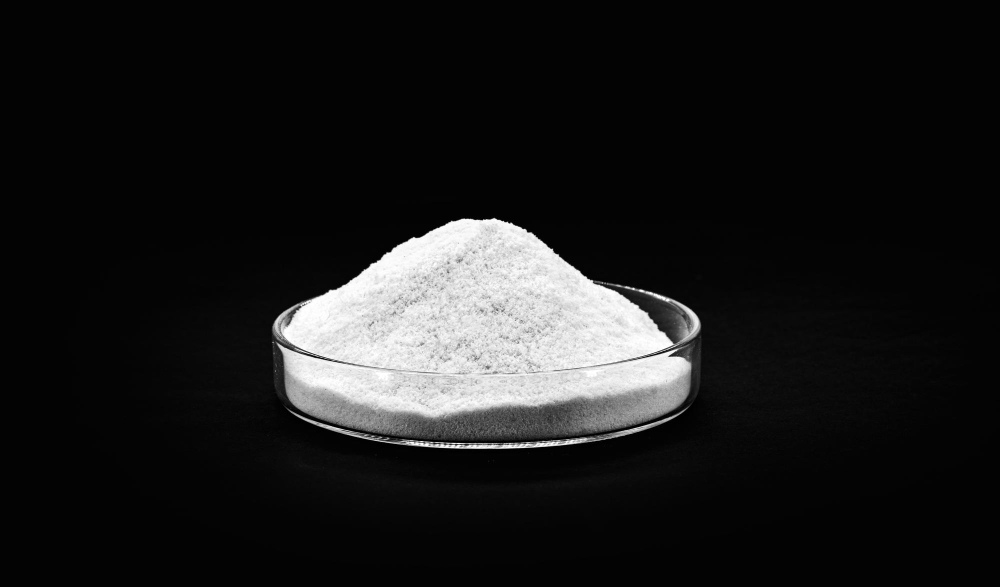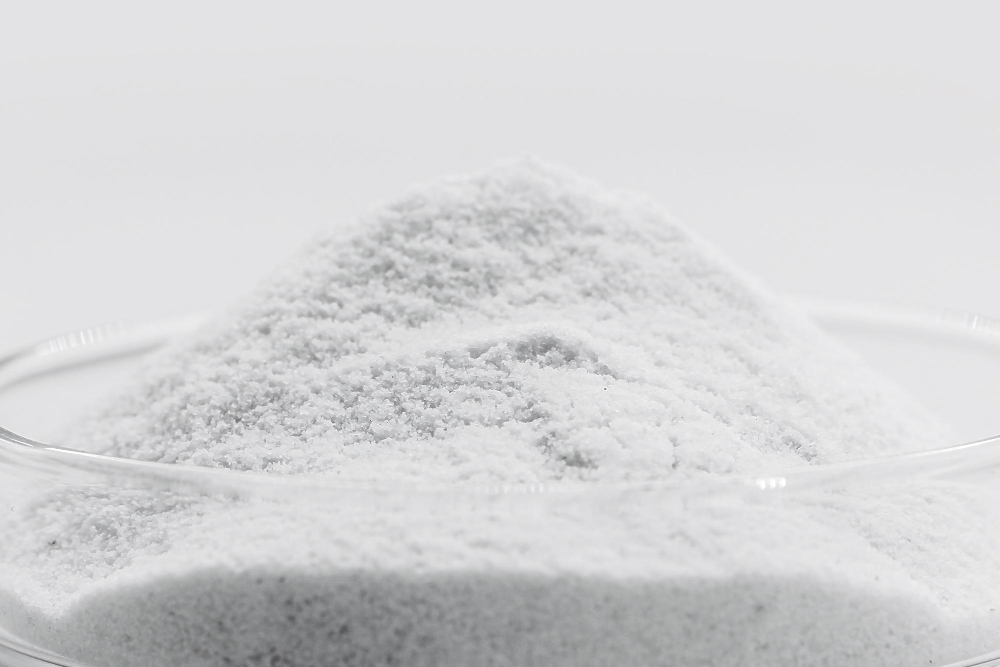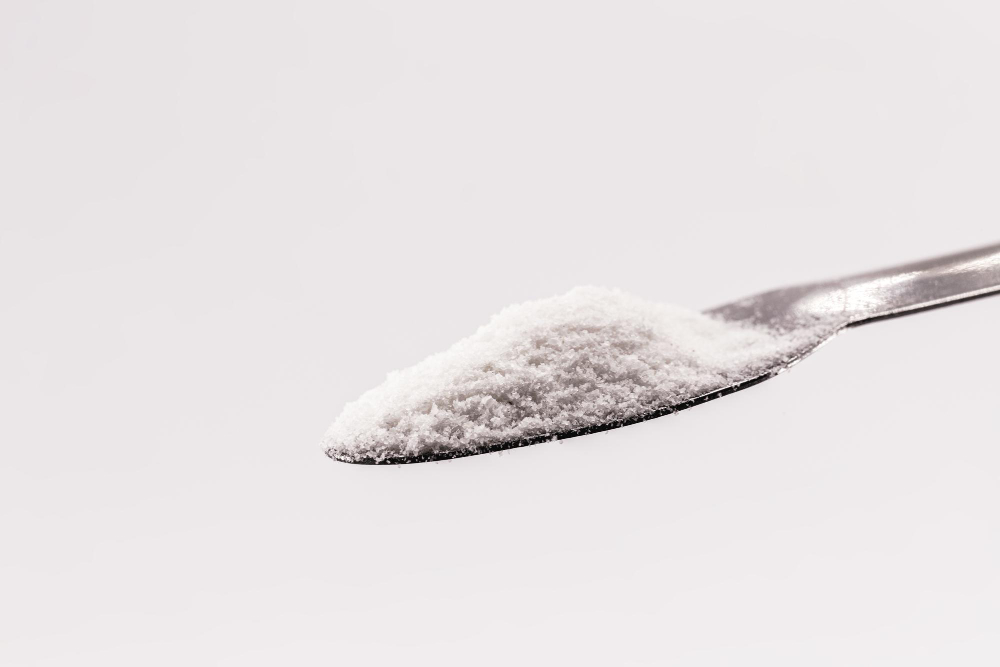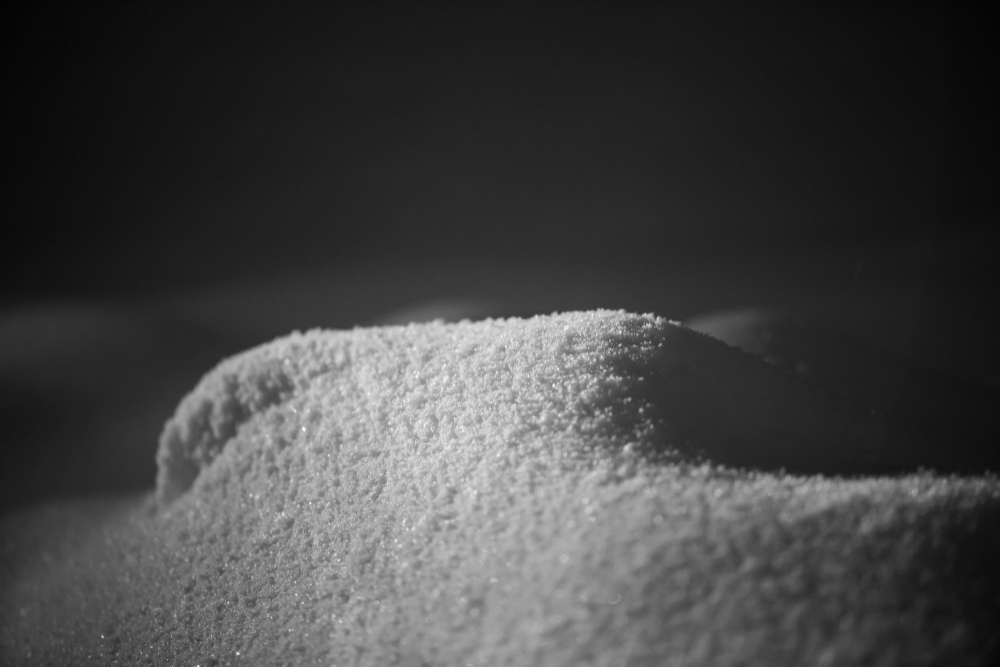
Taurine and Sports Performance: A Growing Body of Evidence
Introduction
Taurine is a naturally occurring amino sulfonic acid found abundantly in skeletal muscle, the brain, and the heart. Unlike caffeine, taurine does not act as a stimulant; instead, it plays key roles in muscle function, cellular hydration, and antioxidant defense. Taurine has gained attention in the sports nutrition world due to its potential benefits for endurance, recovery, and muscle protection. This article reviews the scientific research behind taurine supplementation and its impact on athletic performance.
How Taurine Works in the Body
Taurine supports a variety of physiological functions critical to athletes:
- Osmoregulation: Helps regulate water balance within cells, which supports hydration and muscle function.
- Calcium Handling: Influences calcium signaling in muscle fibers, contributing to efficient contractions.
- Antioxidant Defense: Protects against oxidative stress generated during intense exercise.
- Mitochondrial Function: Plays a role in cellular energy production, helping maintain endurance.
Unlike stimulants, taurine does not directly boost arousal or adrenaline. Instead, its benefits appear to enhance muscle efficiency and reduce exercise-induced damage.
Research on Endurance Performance
Several studies suggest taurine can improve endurance capacity:
- A 2013 study in Amino Acids found that trained middle-distance runners who consumed taurine before running improved their time to exhaustion without changes in heart rate or oxygen uptake.
- Taurine supplementation has been linked to improved fat oxidation, sparing muscle glycogen during long-duration exercise.
- Animal studies also show enhanced muscle endurance, likely due to improved calcium handling and reduced oxidative stress.
Research on Strength and Recovery
The effects of taurine on strength and power are less consistent than endurance findings, but promising:
- A systematic review in Journal of Dietary Supplements (2018) concluded that taurine supplementation may reduce muscle damage markers (such as creatine kinase) following high-intensity or eccentric exercise.
- Some studies report reduced delayed-onset muscle soreness (DOMS), suggesting taurine supports recovery.
- Evidence for direct improvements in maximal strength or power is limited, but recovery benefits may indirectly support training adaptations.
Cognitive and Fatigue-Reducing Effects
While not a stimulant, taurine may help reduce fatigue perception:
- In combination with caffeine (as found in many energy drinks), taurine has been shown to improve mental performance and reaction time.
- On its own, taurine may reduce central fatigue by supporting neurotransmitter balance, though more research is needed in athletes.
Dosage and Timing
Most studies on taurine and sports performance use doses between 1–6 grams per day, typically taken before or after exercise.
- A single 1–2 gram dose before exercise has been shown to improve endurance.
- Higher doses (up to 6 grams/day) may provide antioxidant and recovery benefits without significant side effects.
- Taurine is generally considered safe, with few reported adverse effects even at higher doses.
Individual Responses and Considerations
- Taurine supplementation may be more beneficial for endurance athletes than strength athletes, though recovery advantages apply to both.
- It is often paired with caffeine in commercial products, but the independent effects of taurine deserve more recognition.
- Taurine is not on the World Anti-Doping Agency (WADA) prohibited list, making it a safe and legal option for athletes.
Conclusion
While taurine may not provide the immediate performance boost associated with caffeine, research suggests it can enhance endurance, reduce muscle damage, and support recovery. Its roles in hydration, antioxidant defense, and muscle function make it a promising supplement for athletes seeking to optimize long-term training outcomes.
For best results, taurine should be considered as part of a holistic sports nutrition plan rather than a quick fix.
Sources
- Waldron, M., Patterson, S. D., Tallent, J., & Jeffries, O. “The Effects of Oral Taurine on Resting Blood Pressure in Humans: A Meta-Analysis.” Current Hypertension Reports, vol. 20, no. 9, 2018, p. 81. doi:10.1007/s11906-018-0882-y.
- Galloway, S. D., Talanian, J. L., Shoveller, A. K., Heigenhauser, G. J., & Spriet, L. L. “Seven Days of Oral Taurine Supplementation Does Not Increase Muscle Taurine Content or Alter Substrate Metabolism during Prolonged Exercise in Humans.” Journal of Applied Physiology, vol. 105, no. 2, 2008, pp. 643–651. doi:10.1152/japplphysiol.90525.2008.
- Balshaw, T. G., Bampouras, T. M., Barry, T. J., & Sparks, S. A. “The Effect of Acute Taurine Ingestion on 3-km Running Performance in Trained Middle-Distance Runners.” Amino Acids, vol. 44, no. 2, 2013, pp. 555–561. doi:10.1007/s00726-012-1372-1.
- Ra, S.-G., Miyazaki, T., Ishikura, K., Nagayama, H., Komine, S., Nakata, Y., & Maeda, S. “Combined Effect of Branched-Chain Amino Acids and Taurine Supplementation on Delayed Onset Muscle Soreness and Muscle Damage in High-Intensity Eccentric Exercise.” Journal of the International Society of Sports Nutrition, vol. 10, no. 1, 2013, p. 51. doi:10.1186/1550-2783-10-51.
- Silva, L. A., Silveira, P. C. L., Ronsani, M. M., Souza, P. S., Scheffer, D., Vieira, L. C., … Pinho, R. A. “Taurine Supplementation Decreases Oxidative Stress in Skeletal Muscle after Eccentric Exercise.” Cell Biochemistry and Function, vol. 29, no. 1, 2011, pp. 43–49. doi:10.1002/cbf.1711.
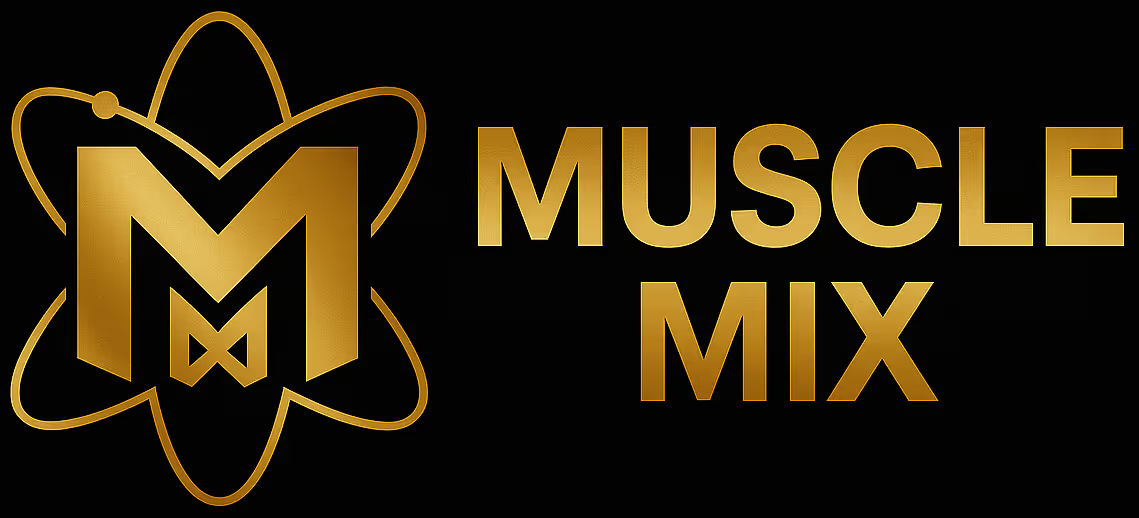
.svg)

